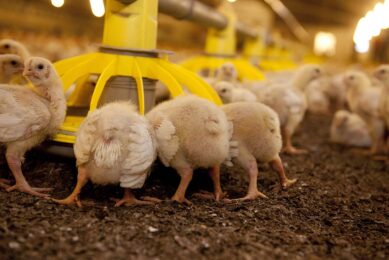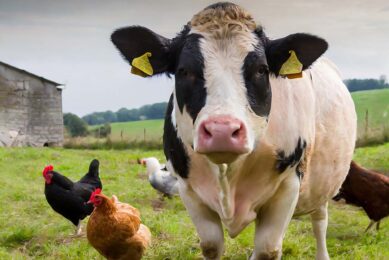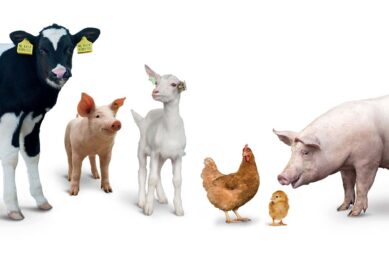One step at a time

Antibiotic resistance is one of the biggest public health challenges of our time. Monitoring and reducing antibiotic use in the livestock sector plays its part in dealing with the growing issue of resistance.
Many countries, particularly those in Europe, have made considerable efforts to curb antibiotic use in food-producing animals, employing a range of stewardship interventions. In Sweden for example, it has been forbidden to use antibiotics for disease prevention or as growth promoters since 1986, and antibiotics are only allowed for therapeutic use when needed and under veterinary consultation. One article in this special looks at why antibiotic stewardship is just as important in the global effort to reduce the use of antibiotics.
2022: EU ban & regulations
The EU banned the use of antibiotic growth promoters back in 2006 and new regulations are set to begin in 2022 which includes banning the preventative use of antibiotics in animals and medicated feed.
A change in mindset
Farmers feel the pressure too, pressure coming from supermarkets and consumers alike to produce healthy food, free from any sort of antibiotic. They are realising that the blanket use of antibiotics can no longer be the ‘norm’ nor is it sustainable. Veterinarians have noticed that farmers are becoming more critical when it comes to using antibiotics too. They are increasingly using preventative and health supporting measures and exploring alternatives to antibiotics.
This special will explore the challenges of moving away from antibiotics covering topics such as antibiotic alternatives, supporting and strengthening intestinal health and strategies to help reduce antibiotic use in livestock. Even though the challenge may seem daunting, the livestock industry is getting there, one step at a time.







